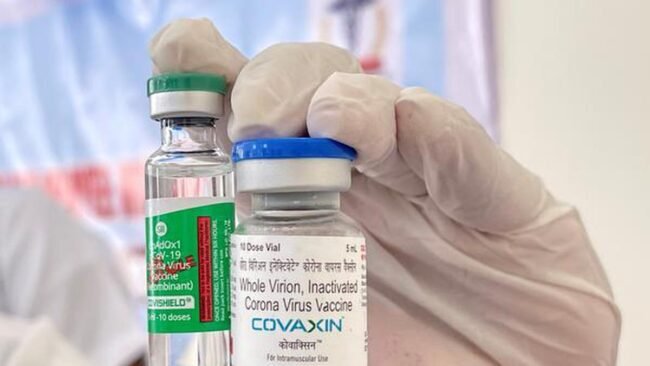Covishield leveraged a virus vector to deliver the spike protein of the coronavirus.
 A new study by a consortium of 11 institutes, led by scientists from the National Centre for Biological Sciences (NCBS), has found that the Covishield vaccine demonstrated more robust immune responses compared to Covaxin.
A new study by a consortium of 11 institutes, led by scientists from the National Centre for Biological Sciences (NCBS), has found that the Covishield vaccine demonstrated more robust immune responses compared to Covaxin.
As of my last update in January 2022, both Covishield and Covaxin are COVID-19 vaccines that have been deployed in various countries, including India, to combat the COVID-19 pandemic. Covishield is the Indian version of the Oxford-AstraZeneca vaccine, while Covaxin is developed by Bharat Biotech in collaboration with the Indian Council of Medical Research (ICMR).
It’s essential to note that the efficacy and immune responses of vaccines can vary based on several factors, including the population studied, trial design, and variants of the virus circulating at the time of the study.
Any comparison between Covishield and Covaxin regarding their immune response should be based on peer-reviewed scientific studies or data released by health authorities. As of my last update, I don’t have access to real-time data or studies beyond January 2022.
If you’re interested in the latest information regarding the immune response of Covishield and Covaxin, I recommend checking reputable sources such as peer-reviewed journals, official statements from health organizations like the World Health Organization (WHO), or updates from governmental health departments or regulatory agencies.







